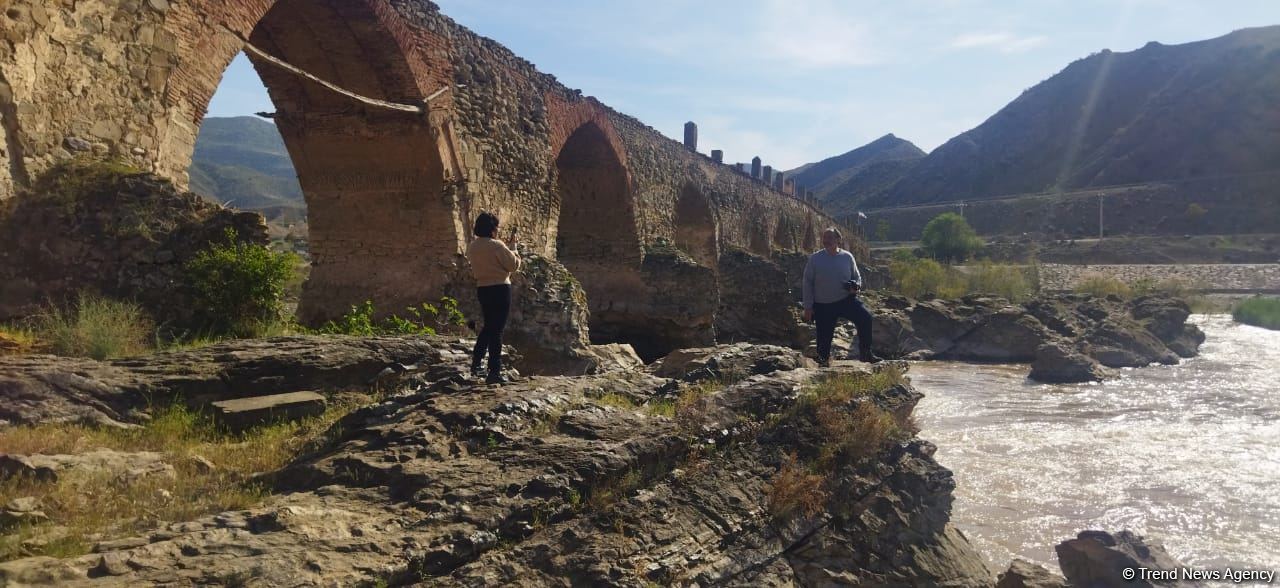BAKU, Azerbaijan, May 27. Khudafarin and Giz Galasi hydropower plants (HPPs) will positively impact the transformation of Azerbaijan's Eastern Zangezur into a green energy zone, economist Eyyub Kerimli said, Trend reported.
Kerimli pointed out that the construction of the two hydropower plants (HPPs) will positively influence not only the economic development of the region but also that of Azerbaijan and Iran.
"It will have a positive impact on the development of the Eastern Zangezur and Nakhchivan economic regions, facilitating energy exchange. The commissioning of hydroelectric facilities will significantly boost the region's economic potential, agriculture, and entrepreneurial activities. With approximately 252,000 hectares of cultivable land in these areas, the expansion of irrigation systems will further enhance agricultural productivity. Moreover, it will foster stronger economic ties between Azerbaijan and Iran.
The presence of hydroelectric facilities will catalyze the transformation of Eastern Zangezur into a green energy hub. Consequently, the operation of these projects is projected to save 80 million cubic meters of gas flaring, aligning with our country's environmental protection and green living strategy,” he said.
Energy expert Ilham Shaban told Trend that the Khudafarin and Giz Galasi hydroelectric power plants are primarily intended for agricultural use. He underscored that both Azerbaijan and Iran plan to utilize them for irrigation purposes.
“The energy harnessed from the hydrosystems will be utilized efficiently. Turbines have been installed to generate energy with a capacity of 280 MW, which will be distributed between both countries. The allocation of 140 MW to Azerbaijan equates to 300 million kilowatt-hours of sustainable electricity annually, a significant amount.
By the commencement of COP29, 32 small hydropower plants with a combined capacity of approximately 300 MW will be operational in liberated areas. These plants are expected to produce over 700 million kilowatt-hours of electricity.
With the addition of the Khudafarin and Giz Galasi hydropower plants, the total electricity generation from liberated territories will surpass one billion kilowatt-hours. Moreover, the number of small hydroelectric power plants in these areas is projected to increase to 50 in the coming years, contributing to the growth of Azerbaijan's green energy potential. These territories will generate approximately 2 billion kilowatt-hours of green energy,” he added.
Stay up-to-date with more news at Trend News Agency's WhatsApp channel







